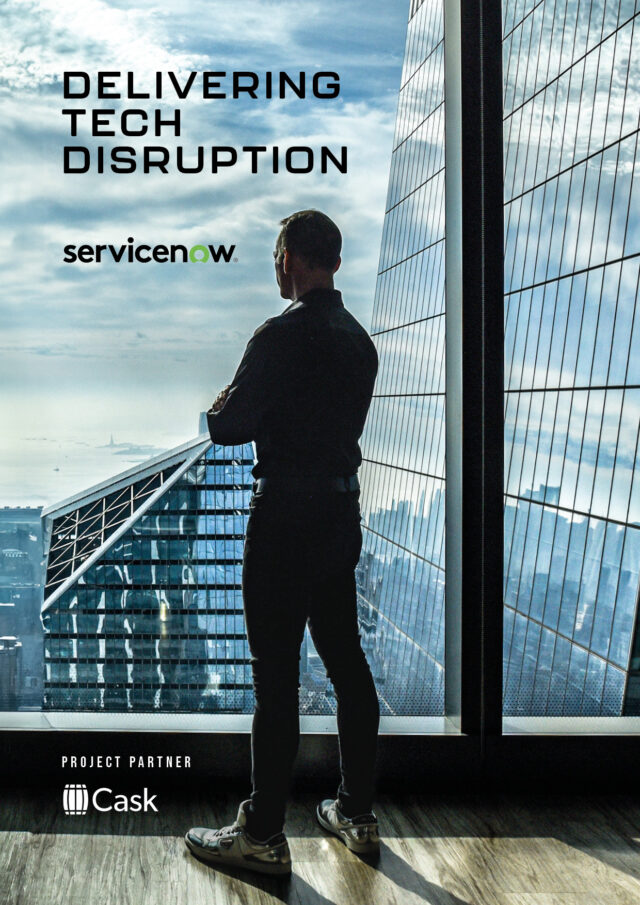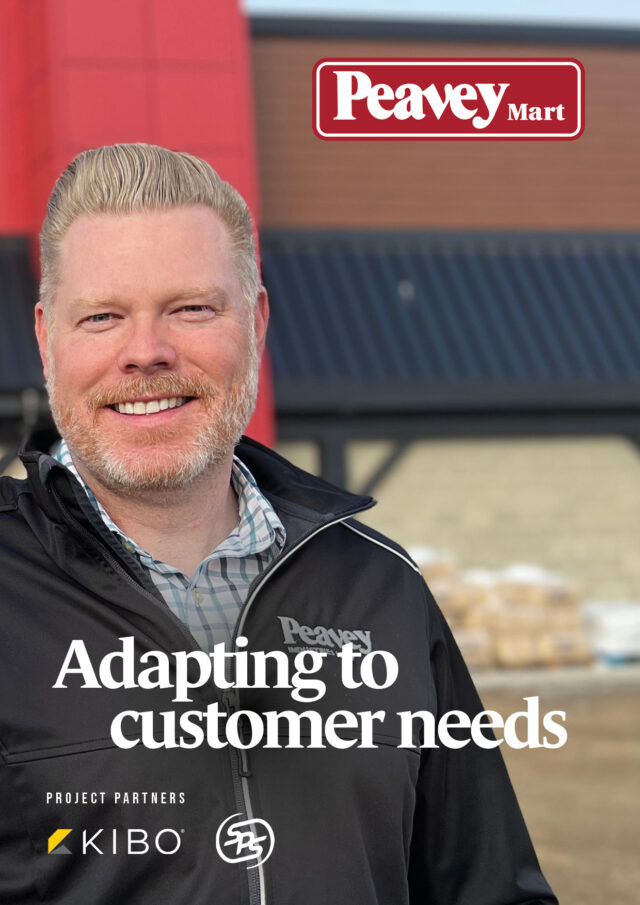“I didn’t know that technology could produce those kinds of opportunities…” This is the response that one would have after meeting with Daniel Millbank, an IT leader with 25 years in the industry. He stands by this vision of how a digital transformation in the supply chain and logistics sector should deliver technology to support individuals, business operations and companies around the world.

To establish oneself as an innovative leader, IT must assume the responsibility to bring options to the table that were previously inconceivable, yet crucial for a business to differentiate itself in the market. Inevitably this results in customers feeling supported with solutions that best fit their needs.
Making changes
Millbank’s role at XGS exists to facilitate, not complicate. He has a passion for analysing an existing work environment, uncovering dysfunction, and bringing clarity that results in optimised processes and improved outcomes. As a logistics company, operations are complex enough; Millbank’s role is to support and simplify, but the need for change must be properly articulated to employees and customers. “It’s critical that the people IT serves – whether internal or external – agree on the benefits of modifying ‘this is how we’ve always done it’ mentality,” Millbank says. “Those benefits have to be clearly communicated to all stakeholders for adoption to take place.”

Seamless adaptation
Only two months into his role, Millbank led initiatives to build a new website for the company, a modern customer portal, and the creation of an API ecosystem to offer customers integration capabilities and more visibility for their shipments.
“I’m a strong believer that the key to a successful transformation is not the budget or the technology – it’s a change of culture, mindset, and a relentless focus on customer experience,” Millbank says.

Read the full story here!









